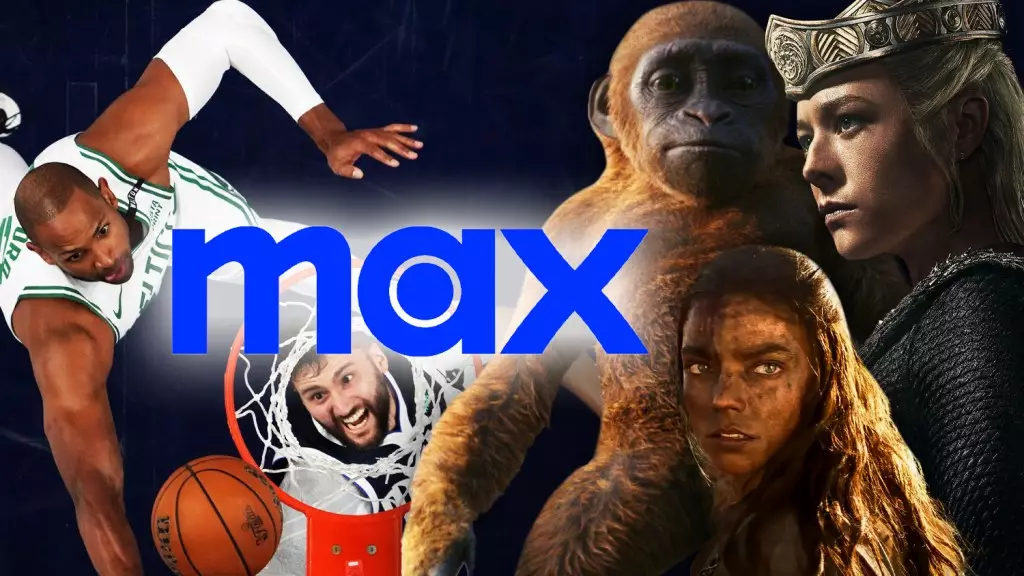Warner Bros. Discovery recently announced a significant non-cash impairment charge of $9.1 billion in its networks division. This write-down was necessary to bring the book value of its linear television business in line with the current market conditions, especially in light of uncertainties surrounding advertising and sports rights renewals. The merger between Discovery and Warner Media had initially valued the linear assets much higher, but shifting consumer behavior and a decline in advertising have led to a reevaluation of these assets.
One of the main contributing factors to this impairment charge is the loss of a lucrative basketball package to Amazon. Despite having matching rights and pursuing legal action against the NBA to reclaim the games, the general sentiment is that Warner Bros. Discovery may not succeed in this endeavor. This loss has been described as a massive blow, undermining investor confidence in the company’s strategic decisions.
The company attributed the goodwill impairment to several factors, including a gap between market capitalization and book value, softness in the U.S. linear advertising market, and uncertainty surrounding affiliate and sports rights renewals. Additionally, Warner Bros. Discovery reported $2.1 billion in pre-tax acquisition-related expenses, further complicating its financial outlook.
Following the announcement of the impairment charge, Warner Bros. Discovery’s stock price plummeted by about 70% from the merger. As investors express concerns and call for drastic actions like breaking up the company, the management is faced with tough decisions. Asset sales, including the games business, are being considered as a potential solution to offset the losses and improve financial performance.
While the second-quarter earnings report contained some positive news, such as a surge in streaming ad revenue and subscriber growth for Max, there were still areas of concern. Total direct-to-consumer sales fell by 6%, leading to widened losses for the company. Studios faced tough comparisons from the previous year, particularly in games, where a popular title had boosted revenues significantly.
Overall, Warner Bros. Discovery reported a 6% decrease in total revenue, with networks revenue and profit also experiencing an 8% decline. Distribution revenue was affected by a decrease in domestic linear pay-TV subscribers, while advertising revenue suffered from audience declines on domestic networks. Despite some growth in content revenue, the company’s financial performance has been challenging in recent quarters.
Warner Bros. Discovery’s decision to take a significant impairment charge reflects the complex financial challenges facing the company. As it navigates uncertainties in the advertising market, sports rights renewals, and shifting consumer preferences, Warner Bros. Discovery will need to implement strategic initiatives to improve its financial health and restore investor confidence.

